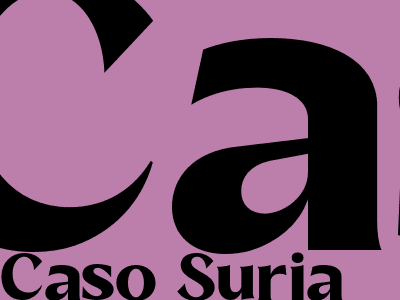
Caso Surja
Content Optimization for Search Engines and Beyond
Understanding the Nuances of SEO and Blogger.com Policies
Optimizing for Search Engines
Search Engine Optimization (SEO) involves enhancing your website or content to rank higher in search engine results pages (SERPs). This involves optimizing factors such as page speed, content quality, backlinks, and mobile responsiveness. By adhering to SEO best practices, you can increase your website's visibility, attracting more organic traffic. You must also consider updates to search engine algorithms to ensure your optimization strategies remain effective.
Complying with Blogger.com Policies
Blogger.com, a popular blogging platform, has specific policies that must be followed by its users. These policies cover content guidelines, copyright infringement, and acceptable use. Failing to adhere to these policies can result in account suspension or termination. Familiarizing yourself with Blogger.com's policies ensures that your blog remains compliant and in good standing.
Striking a Balance
While optimizing for search engines is essential for visibility, it's equally important to prioritize creating high-quality content that aligns with Blogger.com policies. Avoid keyword stuffing or engaging in unethical practices that can harm your website's reputation and user experience. Instead, focus on providing valuable, informative, and engaging content that resonates with your target audience.
Crafting Quality Content that Ranks Well
Content Structure and Organization
Well-structured, organized content is crucial for both SEO and user experience. Use headings and subheadings to break up your content, making it easy to read and scan. Include an introduction to hook readers, body paragraphs to develop your ideas, and a conclusion to summarize your key points.
In-Depth Research and Expertise
Creating high-quality content requires thorough research and a deep understanding of your topic. Cite credible sources and provide evidence to support your claims, establishing your blog as a reliable source of information. Original insights and analysis can further enhance your content's value.
Keyword Optimization
While keyword optimization is important for SEO, it should be done subtly and naturally. Incorporate relevant keywords into your content, including headings, subheadings, and body text. Avoid excessive keyword stuffing, which can negatively impact your ranking.
Content Length and Visual Elements
Longer, in-depth content tends to rank better in search results. Aim for over 2,000 words to provide comprehensive information and establish your blog as an authority on the topic. Use images, videos, infographics, and other visual elements to enhance engagement and improve content comprehension.
Ensuring Accessibility
Make sure your content is accessible to all users. Use clear language, simple sentence structures, and appropriate formatting. Consider providing alternative text for images and transcripts for videos to ensure your content is accessible to those with disabilities.
Link Building and Social Media Engagement
Building Credible Backlinks
Acquiring backlinks from reputable websites is a valuable SEO strategy. Reach out to other bloggers or websites in your niche and offer to contribute guest posts or collaborate on projects. Ensure that the websites you link to are relevant and have strong domain authority.
Engaging with Social Media
Social media platforms provide an excellent channel to promote your blog content and connect with your target audience. Share your blog posts, engage in discussions, and build relationships with followers. Social media signals can also influence SEO rankings.
Tracking and Analytics
Use analytics tools to track your blog's performance, including traffic sources, keyword rankings, and user behavior. This data helps you identify areas for improvement and refine your optimization strategies. Regularly monitoring your analytics provides valuable insights into your audience's preferences and content effectiveness.
Conclusion
Creating high-quality content that complies with search engine guidelines and Blogger.com policies requires a multi-faceted approach. By understanding the nuances of SEO, optimizing your content for readability and engagement, building credible backlinks, and leveraging social media, you can establish your blog as a trusted source of information and achieve better visibility in search results. Remember to prioritize user experience, ethics, and continuous learning to stay ahead in the ever-evolving digital landscape.
Comments